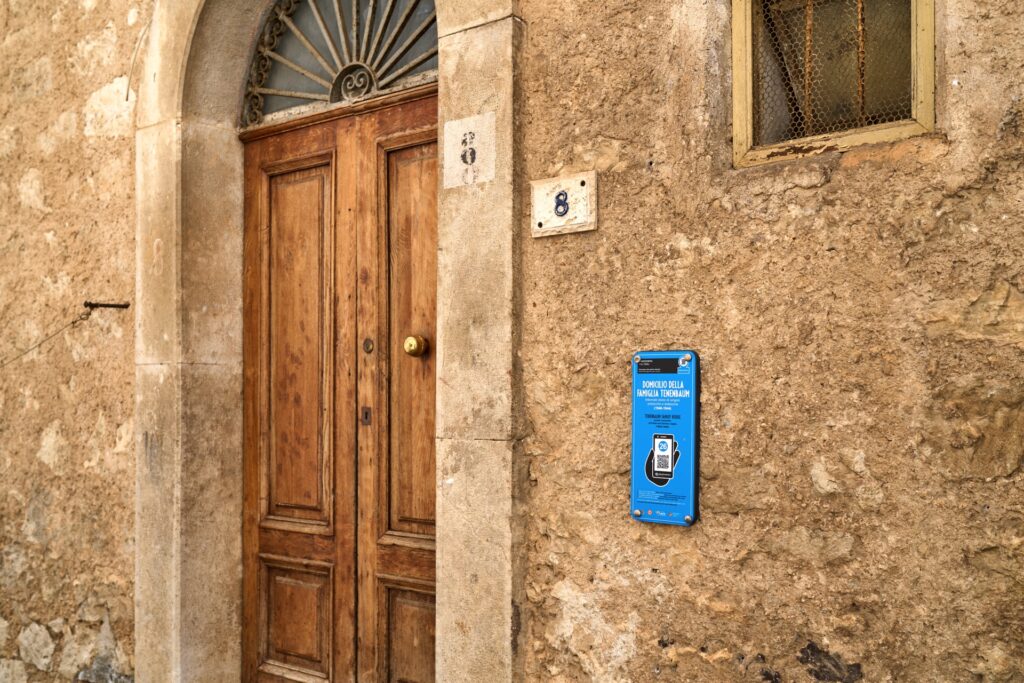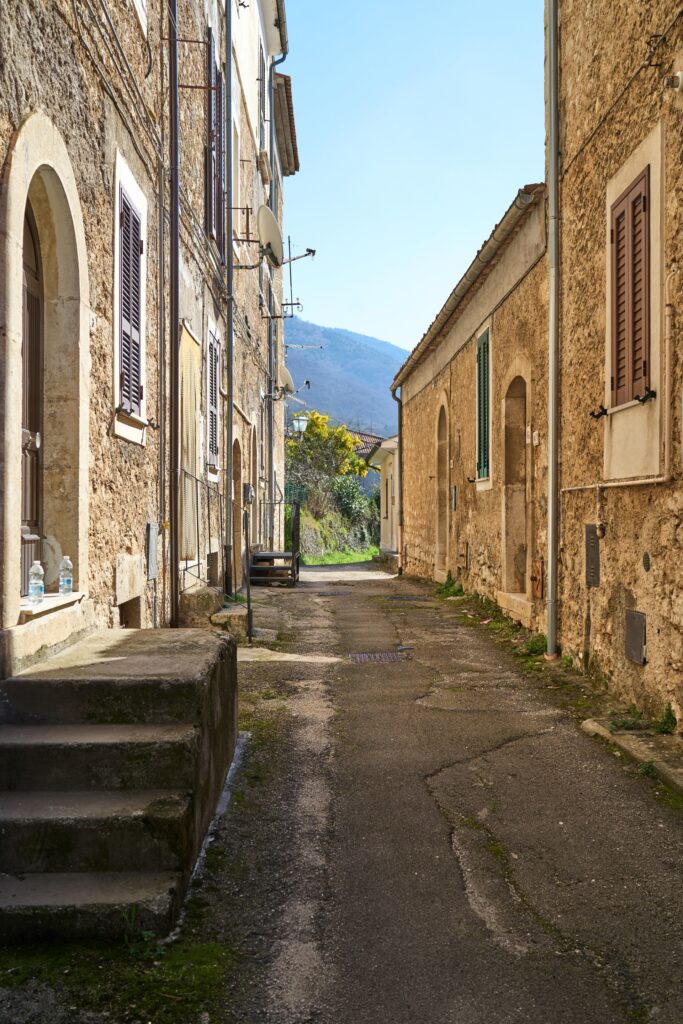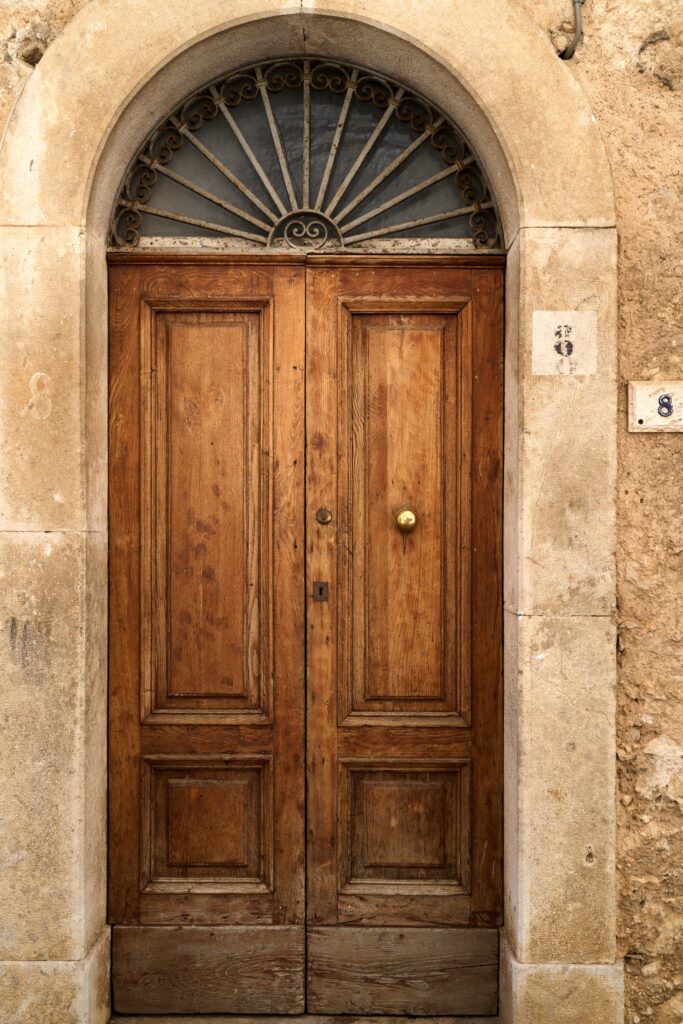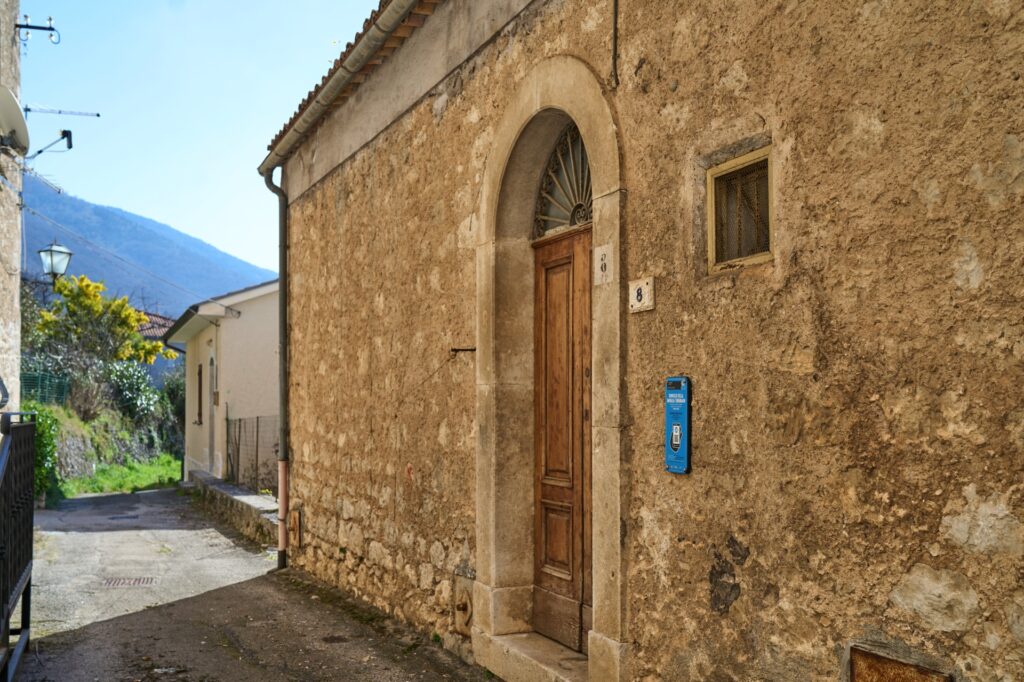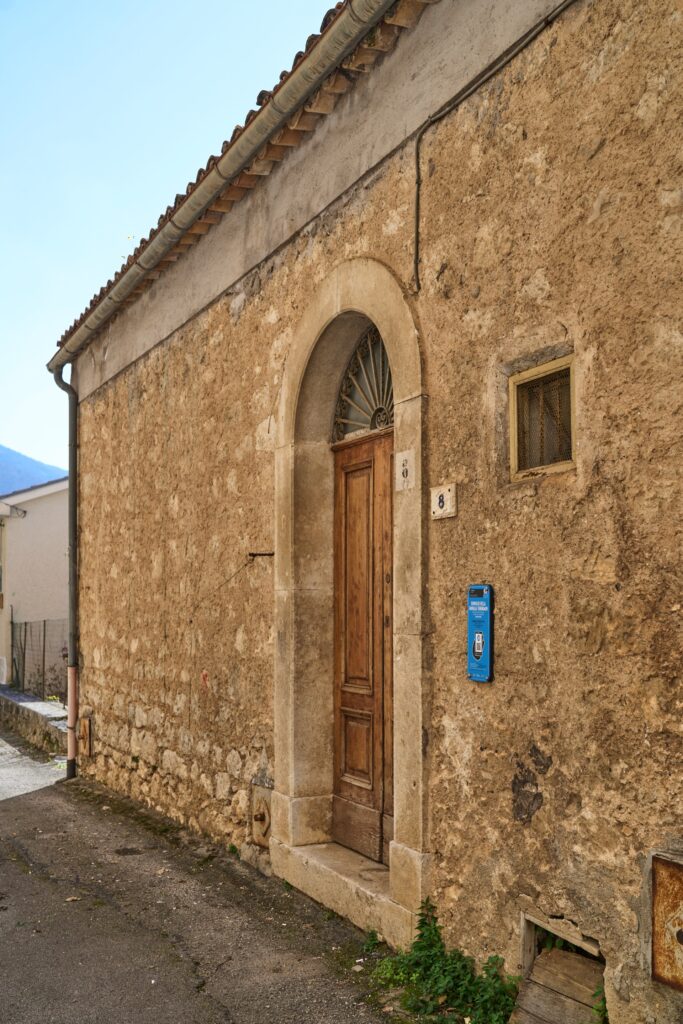Tenenbaum family residence
Historical landmark
The Tenenbaum family lived in this house during their internment in San Donato. The first to arrive was Ursula Steinitz. She, along with nine other Jews arrested in Florence, was interned in San Donato in 1940. Ursula reached the village on August 25, 1940. A midwife by profession, she was known to the people of San Donato as "Ulla." Her husband was Mordechai (Mordko) Tenenbaum (Kobrin, Russia, July 2, 1911, now Belarus), also arrested in Florence. Mordko (Marco), was interned in Campagna (Salerno) on June 30, 1940. Transferred to Ferramonti di Tarsia (Cosenza) camp on August 18, 1940, he arrived in San Donato on September 29, 1940. In 1942 he was reported to be Delasem's "trustee correspondent" in San Donato, replacing Enrico Levi.
Everyday life in the memory of Mordko Tenenbaum
"My wife was hosted by Mrs. Franceschina. As soon as we were together, we moved to Via Aiadonica, guests of the building contractor Carmine Fabrizio. The government gave us 50 liras a month for housing, 8 liras a day for the head of the family, 6 liras for my wife. We internees had to go to the carabinieri twice a day to sign in. They were not very strict. We sought contact with people, although it was forbidden; however, it was difficult to avoid them, especially for my wife who was a midwife by profession. I wanted to work as a doctor, not directly, but in collaboration with the two doctors in the village, Guido and Pasqualino Massa. The latter was the doctor of the internees, very fair."
Relations with the Sandonatese
"It was mostly the farmers who called me; I would arrive quickly by bicycle, but often on foot. With the neighbors I would go lark hunting and participate in other activities they had; when they killed the pig they would invite us over. The relationships we had established with them were acceptable," Tenenbaum recounted. Pharmacist Severino Musilli, who held the position of local secretary of the National Fascist Party, provided medicine to Mordko Tenenbaum to treat the refugees: "The pharmacist made it clear to me several times to avoid our contacts being overt. With my family I took refuge in the mountains, in the village of Vorga, from a certain Michele Tramontozzi. In the middle of the woods many escaped soldiers began to arrive: British, New Zealanders, Americans, all suffering from the terrible problem of scabies and with conspicuous sores on their feet. I did my best to cure them, and I often went to the pharmacist to get the medicinal solution; he knew for whom it was intended, but he never denied it."
The months of the German occupation
In March, some internees understood that that situation, though dramatic, could be used to their advantage. Thus it was that they planned their removal from San Donato. The best known episode was that of Ursula, Mordko's wife. Ursula managed to save herself thanks to the courageous initiative of Constanza Rufo, a generous Sandonatese lady: the woman first hid Ursula in a basket, then covered her with chicken dung, finally put the basket on her head and went out of the town. Constance carried her out of the built-up area, along vlong away from the German military who were looking for her. Passing the German fureria on Roma Street, she went down Palazzo Street. Making sure there were no Germans, she let the woman out. When Constance was sure there were no soldiers, she let the young woman escape. As a token of thanks, the Tenenbaum family will plant, in Constance's honor, fifteen trees in the Forest of the Righteous in Jerusalem.
Mordko and Ulla Tenenbaum hourly citizens of San Donato.
On July 31, 1994, the San Donato City Council granted honorary citizenship to Mr. and Mrs. Tenenbaum "for their courageous work against Nazism, fascism, and racism and in favor of peace and solidarity among peoples, and for the special appreciation of the people of San Donato for the work of Dr. Tenenbaum and Ursula Steinitz on behalf of our fellow citizens."
Everyday life in the memory of Mordko Tenenbaum
"My wife was hosted by Mrs. Franceschina. As soon as we were together, we moved to Via Aiadonica, guests of the building contractor Carmine Fabrizio. The government gave us 50 liras a month for housing, 8 liras a day for the head of the family, 6 liras for my wife. We internees had to go to the carabinieri twice a day to sign in. They were not very strict. We sought contact with people, although it was forbidden; however, it was difficult to avoid them, especially for my wife who was a midwife by profession. I wanted to work as a doctor, not directly, but in collaboration with the two doctors in the village, Guido and Pasqualino Massa. The latter was the doctor of the internees, very fair."
Relations with the Sandonatese
"It was mostly the farmers who called me; I would arrive quickly by bicycle, but often on foot. With the neighbors I would go lark hunting and participate in other activities they had; when they killed the pig they would invite us over. The relationships we had established with them were acceptable," Tenenbaum recounted. Pharmacist Severino Musilli, who held the position of local secretary of the National Fascist Party, provided medicine to Mordko Tenenbaum to treat the refugees: "The pharmacist made it clear to me several times to avoid our contacts being overt. With my family I took refuge in the mountains, in the village of Vorga, from a certain Michele Tramontozzi. In the middle of the woods many escaped soldiers began to arrive: British, New Zealanders, Americans, all suffering from the terrible problem of scabies and with conspicuous sores on their feet. I did my best to cure them, and I often went to the pharmacist to get the medicinal solution; he knew for whom it was intended, but he never denied it."
The months of the German occupation
In March, some internees understood that that situation, though dramatic, could be used to their advantage. Thus it was that they planned their removal from San Donato. The best known episode was that of Ursula, Mordko's wife. Ursula managed to save herself thanks to the courageous initiative of Constanza Rufo, a generous Sandonatese lady: the woman first hid Ursula in a basket, then covered her with chicken dung, finally put the basket on her head and went out of the town. Constance carried her out of the built-up area, along vlong away from the German military who were looking for her. Passing the German fureria on Roma Street, she went down Palazzo Street. Making sure there were no Germans, she let the woman out. When Constance was sure there were no soldiers, she let the young woman escape. As a token of thanks, the Tenenbaum family will plant, in Constance's honor, fifteen trees in the Forest of the Righteous in Jerusalem.
Mordko and Ulla Tenenbaum hourly citizens of San Donato.
On July 31, 1994, the San Donato City Council granted honorary citizenship to Mr. and Mrs. Tenenbaum "for their courageous work against Nazism, fascism, and racism and in favor of peace and solidarity among peoples, and for the special appreciation of the people of San Donato for the work of Dr. Tenenbaum and Ursula Steinitz on behalf of our fellow citizens."
Do you want to visit this attraction?
Book your vacation now.
Tenenbaum family residence,
Portella Alley,
43,
03046 San Donato Val di Comino FR,
Italy
-
Vicolo Portella, 43, 03046 San Donato Val di Comino FR, Italy
Details
Suitable for
- Accessible to wheelchair users, Couples, Families, Groups, Solo travelers
Best season to go
- All the seasons
Duration / time of visit
- Up to 1 hour
Type of tour
- This attraction is part of a guided tour, Small groups tour, Solo tour, Private tour
Are audio guides provided?
- On request
Available languages
- English, Italian
Ticket price
- Does not require a ticket
